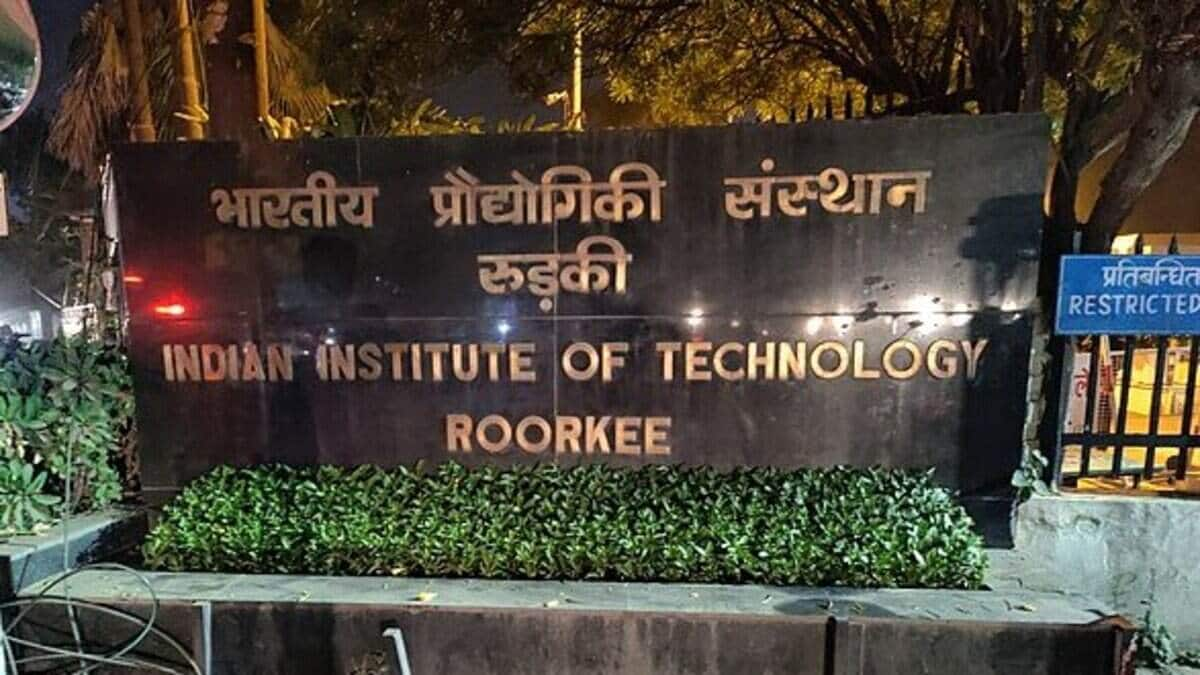IIT Roorkee creates AI tool for transliterating ancient Modi manuscripts to Devanagari
Gauri Mittal | July 18, 2025 | 01:41 PM IST | 1 min read
The IIT Roorkee AI is open-sourced on Hugging Face with more than 2,000 real scripts and transliterations

The Indian Institute of Technology Roorkee (IIT Roorkee) has developed an artificial intelligence (AI) tool to transliterate ancient Modi scripts into Devanagari. The tool, called ‘MoScNet’, leverages a vision-language model architecture to preserve medieval manuscripts and to support large-scale digitisation.
The IIT Roorkee AI project, titled “Historic Scripts to Modern Vision”, introduces the ‘MoDeTrans’ dataset which has over 2,000 real images of Modi manuscripts from three historical eras: Shivakalin, Peshwekalin, and Anglakalin. The transliterations are “expert-verified” and “significantly” outperform existing optical character recognition (OCR) models, making this a solution for low-resource contexts.
The IIT Roorkee team has open-sourced the MoDeTrans dataset and MoScNet model on Hugging Face for ease of access and “community-driven innovation”.
Also read IIT Roorkee develops system to provide early warnings for heat stress
IIT Roorkee AI team
IIT Roorkee faculty member Sparsh Mittal led the MoScNet project, with a team of students Harsh and Tanvi from COEP Technological University, and Onkar, alumnus of Vishwakarma Institute of Information Technology, Pune.
The AI project for transliterating Indian scripts can be integrated with national platforms like BharatGPT and Bhashini. It aims to contribute to national missions including Digital India, Azadi Ka Amrit Mahotsav, and the National Language Translation Mission (NLTM). The MoScNet tool can be used for other endangered or ancient scripts on a global scale, promoting historical digitisation of human civilisation.
Also read NIT Rourkela develops new ECG lead system for atrial arrhythmias diagnosis
The IIT Roorkee transliteration AI initiative also aligns with the sustainable development goal 11.4, as laid out by the United Nations: “Strengthen efforts to protect and safeguard the world's cultural and natural heritage,” by enhancing access to India's cultural assets.
Speaking about the transliterator tool, Mittal said, “We aim to democratise access to India’s ancient knowledge using open-source, scalable, and ethically trained AI tools. We’ve built a transliteration engine and set the foundation for future AI research in Indic scripts and multilingual learning.”
Follow us for the latest education news on colleges and universities, admission, courses, exams, research, education policies, study abroad and more..
To get in touch, write to us at news@careers360.com.